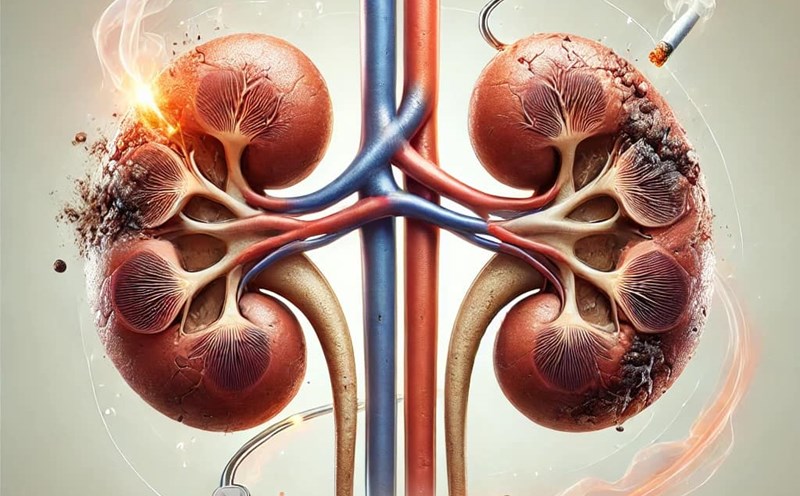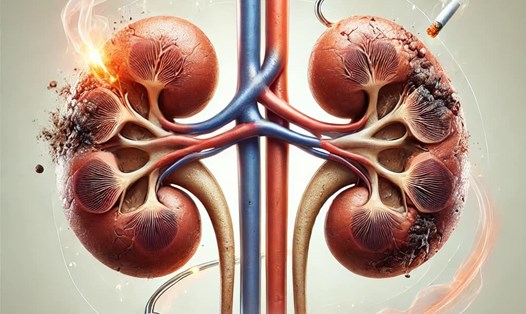Harm education
Teens need to understand the health risks associated with using e-cigarettes and traditional cigarettes. This includes lung problems, heart problems, and mental disorders.
Psychological support
Counseling and joining support groups can help teens feel supported and not alone in their addiction recovery process.
Replace habits
Encourage healthy activities such as sports, arts or other hobbies to reduce tobacco dependence.
Use support products
Products such as nicotine gum and nicotine patches can help reduce withdrawal symptoms.
Family supervision and support
Families should take an active role in monitoring and supporting adolescents during the drug treatment process.
According to medical experts, there are thousands of chemicals in cigarette smoke, including many carcinogens and some toxic substances such as arsenic, benzene, ammonia, nicotine, dioxin... They can affect most organs of our body.
Accordingly, only a portion of cigarette smoke will be inhaled by the direct user, while the majority returns to the environment. Specifically, the amount of smoke emitted is 5 times greater than the amount inhaled by the smoker.
Along with that, the range of influence of cigarette smoke will be about 7m - 10m. At the same time, it can still exist in the air environment even when we can no longer smell or see it. There are places where it is easy to inhale secondhand smoke such as at work, public places (parks, public transport...) or even at home.
Some groups, including children, pregnant women, the elderly, and people with heart or respiratory disease, face a greater risk of serious health effects from cigarette smoke.
Passive smokers are adults who are at high risk of tuberculosis, heart failure, atherosclerosis, and cancers (lung cancer, breast cancer, nasopharyngeal cancer, etc.). This can threaten their survival and put them at risk of death.
For young children, just 1 hour in a room with a smoker can cause them to absorb the same amount of toxic chemicals as someone who smokes 10 cigarettes a day. With their bodies still in the process of perfecting and developing, inhaling cigarette smoke is not safe for infants and young children.











